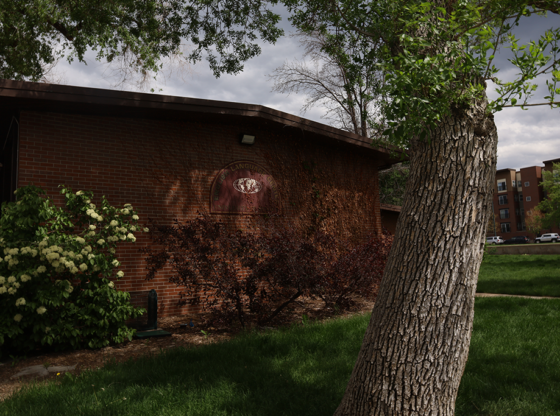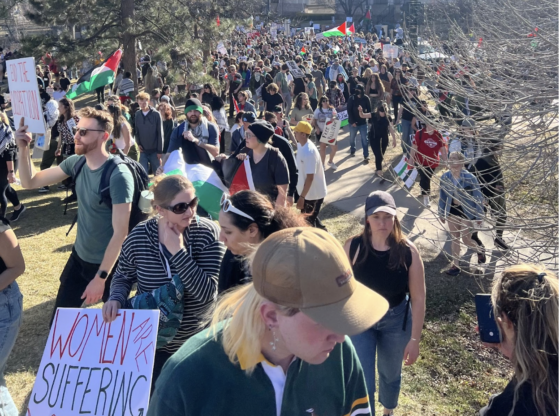The gun control conversation has mostly been limited to mass shootings without addressing the issue of police brutality and its relationship to gun violence. March for Our Lives has brought the issue of mass shootings, specifically school shootings, to the forefront of the debate. With this, it becomes easy to forget about police as a source of gun violence, since the conversation is focused around how to limit the public’s access to guns. According to a study by Vox, there are hundreds of police killings per year, significantly more than any other developed country in the world, although the number is significantly underreported. The debate about gun control should include police killings and not just mass shootings.
Recently, a group of Parkland students published their “manifesto” for gun control in a Guardian guest-edit article. Among one of their goals was to increase funding for school security so the school could hire armed resource officers to protect the entire campus. They stated that Marjory Stoneman Douglas High School was only given funding for one armed resource officer and that the officer’s hesitation due to lack of backup during the Parkland school shooting played a part in some of the deaths.
This stands out among the other points made by the students, as the other points revolve around limiting access to guns and increasing mental health funding. It is also reflective of how police involvement in gun violence is often forgotten about or even ignored when discussing gun control. More armed officers on a high school campus should not make students feel safer; if anything, it should make them more worried with the amount of police killings that occur within the U.S. If there is a worry that teachers might harm students if trained and given arms, why doesn’t that worry extend to police?
It can seem easy to focus only on mass shootings because according to BBC, most people agree that there should be some restrictions on civilian access to firearms. But police involvement in gun violence is often not even considered when the debate is brought up because police are expected to protect, not harm, as evidenced by the Parkland students’ faith in their ability to keep their campus safe. However, the U.S. has a serious problem with police brutality and law enforcement having unchecked power, and it should not be ignored.
There are steps we should take to curb police violence, and they need to be discussed. Body cameras should become a requirement for every law enforcement officer. There should be regulations and rules to help protect officers who come forward to report another officer for misconduct so they don’t face backlash and harassment from their colleagues, thus discouraging them from reporting in the first place. There needs to be a better system for collecting accurate and comprehensive data from police, so we can actually know which areas are problem areas and work towards improving them. It would also be helpful if there were some restrictions on the types of arms police can use and the frequency in which they can use them. Nonviolent intervention and negotiation tactics should be heavily emphasized, and officers should be required to go through training and courses to make sure violence becomes a last resort when all other options have been exhausted. Resorting to violence, especially shooting and killing a suspect or civilian, should be investigated heavily and the officer in question should have to face appropriate punishment if it is found that excessive force was used. There are many more options that can be considered, but we actually have to broach the topic of police brutality before discussing ways to improve it.
The gun control debate should not simply be limited to whether or not regular people should be allowed guns and with what restrictions. The debate needs to extend towards law enforcement as well. Gun violence goes hand in hand with police brutality, and it is just as important an issue as school shootings are.











